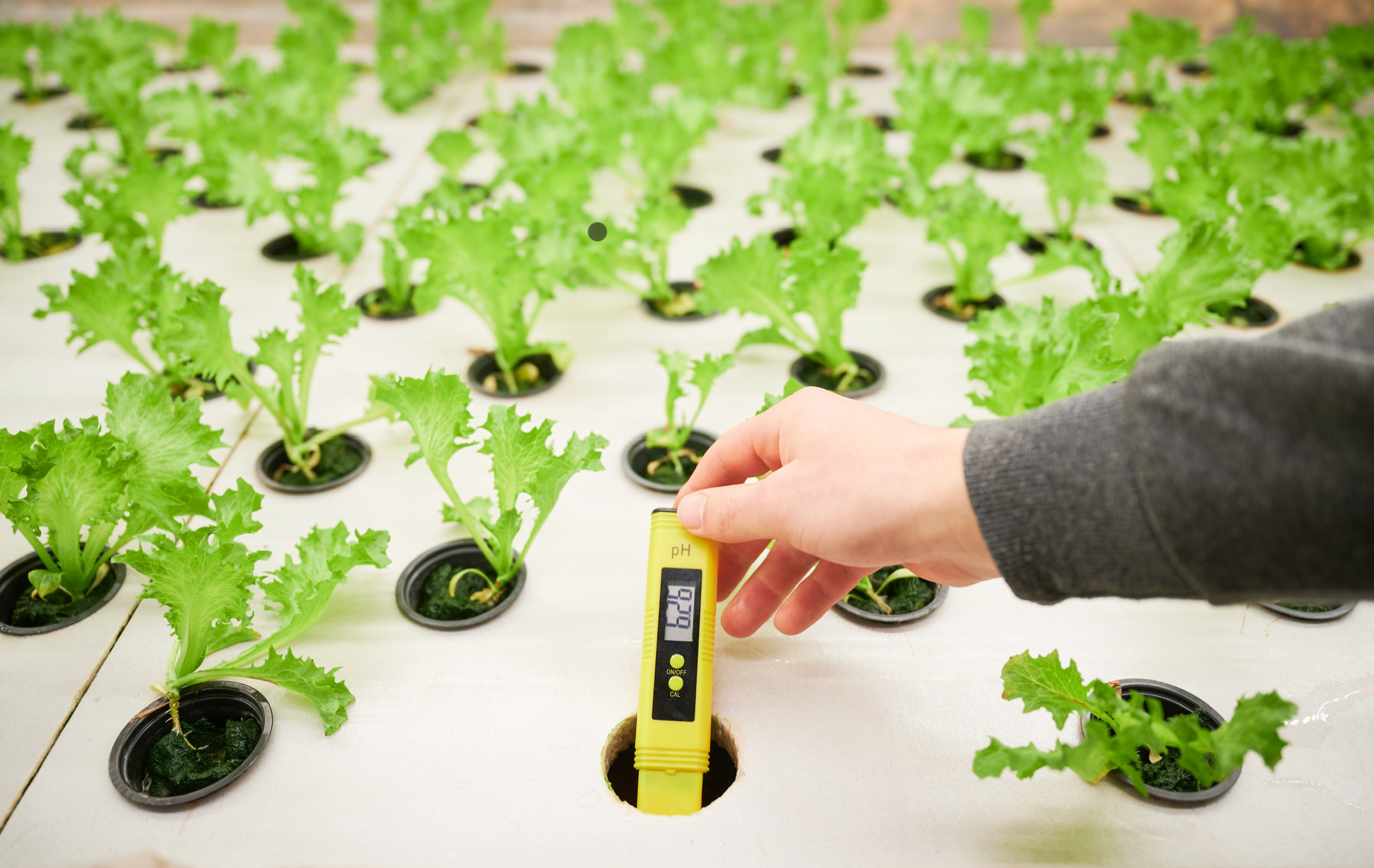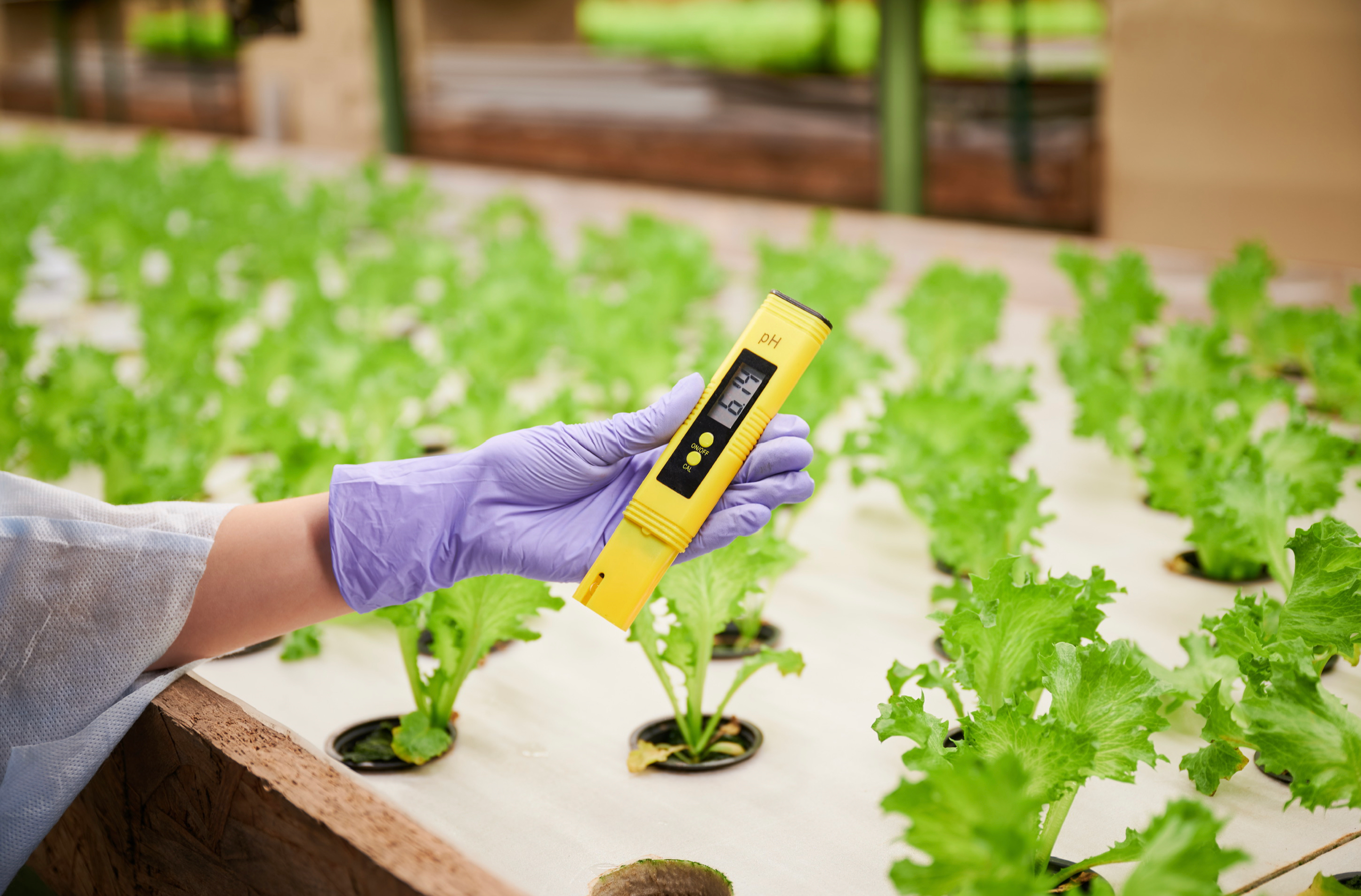What Does Hydroponically Grown Mean?
What Does Hydroponically Grown Mean? And what are the Pros and Cons?
Perhaps you’ve been at the market and you’ve seen lettuce, tomatoes, herbs or other produce labeled “Hydroponically Grown,” and you’ve wondered what that means. It’s actually very simple - hydroponically grown just means grown without soil.
To understand hydroponics, first you must understand how plants grow. Like people, plants need light, food and water to thrive. Really good soil is full of plant food, or nutrients. When you add water, those nutrients become available to the plant’s roots. As the plant grows, it eats up those nutrients and the soil becomes depleted. This is why you have to add fertilizer or compost to your garden, or repot your houseplants from time to time.
When a plant is grown hydroponically, the grower bypasses the dirt and adds fresh, balanced nutrients directly to the water. The plant can sit in any substrate that is not dirt. It can be planted in almost anything, from perlite to sand to specialty grow mediums (like rockwool or hydroton) designed specifically for hydroponics. You can even bypass the substrate altogether, and just stand the plant up in a plastic pvc pipe full of nutrient water. There are all kinds of fancy systems and mediums to put your plants in, but you can easily set up an inexpensive system at home. You can also buy a complete kit, which might help you get started as you learn about hydroponics.

There are pros and cons to hydroponics. If you do everything right, plants grow bigger and much faster than soil plants. Because the food and water are delivered right to their roots, the plants don't have to search out nutrients, and they can put all their energy into growing. It’s absolutely amazing to watch how fast they grow. You may have heard that hydroponic vegetables are tasteless, but with the right balance of nutrients, the produce is actually delicious. In other pros of hydroponics, there are no weeds, no soil pests, and no dirt. You don’t need a huge garden space (or a garden at all) to grow a lot of produce. Plants can be grown hydroponically indoors or outdoors, with natural sunlight or under grow lights. And if for some reason the plants start to look sickly, instead of puzzling out what’s wrong with the soil you can just mix up a fresh batch of nutrients and water and the plants perk up within days or even hours.
There are a few cons of hydroponics. Getting set up costs more than just putting some plants in the ground would. Generally you need some electricity to power your watering system, although solar power is definitely an option. You have to buy the nutrients, but that’s actually part of the fun! There are so many choices and cool additives to make your plants grow bigger and better.
Whether you want to grow flowers, herbs or vegetables, hydroponics is a great way to go.
For more great content check out the Proponics YouTube channel below!





